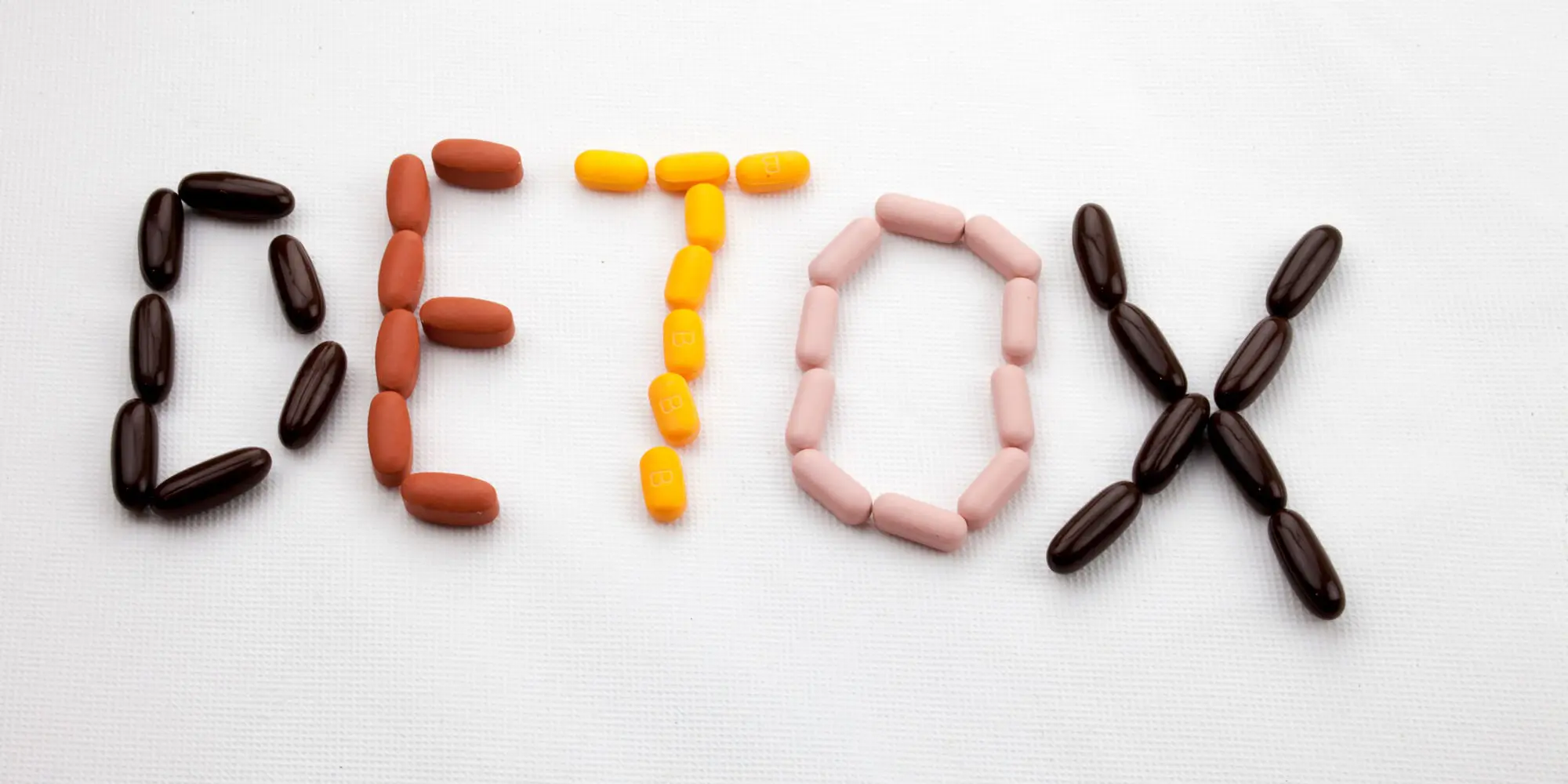Detoxification can be a challenging and uncomfortable process, and irritability is a common symptom that many people experience during detox. It’s important to remember that everyone’s experience is unique, and there is no one-size-fits-all solution. However, here are some strategies that may help you control irritability when you are in detox:
- Seek Professional Help: Detoxing from certain substances, such as alcohol or opioids, can be dangerous and even life-threatening. It’s crucial to seek professional medical help and supervision during the detox process. Medical professionals can provide medications and support to manage withdrawal symptoms, including irritability.
- Stay Hydrated: Dehydration can worsen irritability. Make sure you drink plenty of water or clear fluids to stay hydrated. Avoid caffeinated or sugary beverages, as they can contribute to mood swings.
- Eat Nutritious Meals: Proper nutrition is essential during detox. Eating balanced meals can help stabilize your mood. Include fruits, vegetables, lean proteins, and whole grains in your diet.
- Practice Relaxation Techniques: Engage in relaxation exercises such as deep breathing, meditation, yoga, or progressive muscle relaxation. These techniques can help calm your mind and reduce irritability.
- Stay Active: Physical activity can release endorphins, which are natural mood boosters. Go for a walk, do some light exercise, or engage in activities you enjoy to help alleviate irritability.
- Get Adequate Rest: Lack of sleep can worsen irritability. Try to establish a regular sleep schedule and create a comfortable sleep environment to improve your sleep quality.
- Connect with Supportive People: Reach out to friends or family members who can offer emotional support during your detox. Talking to someone you trust can help you cope with irritability.
- Avoid Triggers: Identify and avoid situations or people that may trigger irritability or cravings for the substance you are detoxing from.
- Consider Counseling or Therapy: Professional counseling or therapy can be beneficial during detox. It can provide you with coping strategies and emotional support to manage irritability and underlying issues.
- Stay Patient and Positive: Remember that detox is a temporary phase, and irritability will eventually subside. Stay patient with yourself, and try to maintain a positive mindset. Celebrate small victories along the way.
- Medication: In some cases, healthcare professionals may prescribe medication to help manage irritability and other withdrawal symptoms.
- Stay Engaged: Keep yourself occupied with activities you enjoy or that distract you from discomfort. Boredom can exacerbate irritability.
It’s essential to consult with a healthcare professional or addiction specialist to create a personalized detox plan that addresses your specific needs and circumstances. Detoxing can be physically and emotionally challenging, but with the right support and strategies, you can manage irritability and successfully complete the detox process.








